Sorry all this year’s Pumpkins have now sold out! Thank you to everyone who bought some. Have a spooky 2020 Halloween, and hopefully see you next year!
Author: Chilcotts Farm
Pumpkins for Sale!
We have now sold out of Pumpkins for 2020
Moving toward Halloween, we have started selling our own grown Halloween pumpkins. These have been picked and are £1 each.
Buy from the honesty stall. Find us at Chilcotts Farm in Bickington, Barnstaple.
Sorry, we do not offer pumpkin picking or pick your own.
Bickington & Fremington Devon Honey For Sale
We have jarred up this year’s Summer 2020 Honey which is now for sale. Collected and produced by our bees. The girls have again done us proud, the runny honey tastes delicious. Although it will probably crystallise over time (as all naturally produced honey does), when it goes solid, we provide instructions on how to make it liquid again.
National Honey Monitoring Scheme (NHMS)
I have needed to send this off for a while. The honey I took from the hives back in July ( the spring honey) is going to be sent off to have a DNA analysis undertaken.
The objective of the analysis is too assess long term impacts on UK floral resources in the changing environment.
I am hoping that we not only help with this national scheme, understand where our bees have been and what they have been foraging in the spring.
Anyone interested and want to know more, check out, https://honey-monitoring.ac.uk
Wasp Wars!
This year there seems to be a lot of wasps about in Devon. I have had to narrow the hive entrances down quite considerably to help the bees protect their colonies and honey stores.
What do you do if you spill honey in your car?
Hmmmmmm slight problem. 5Kg of honey spilled in the boot of the car. Problem ….. how do you clean up the sticky mess?
A frightful mess, and a real waste of this precious harvest. This honey was destined to be fermented and become mead. However during transportation, the bucket turned over and ended up all over the boot of the car and a load of honey jars.
PANIC! How do you clear up this sticky mess. Instinct was to get the carpets out the car and hose them down. Worried about how the carpets would cope with water, as much of the honey as possible was scarped up and scooped into a bucket.
After this, we put the bees to work! (Strictly, as a beekeeper this is not good practice! It can spread disease between hives…. but needs must) The boot of the car was left open, and whatever could be removed, from the car was left sheltered in the garage.
-
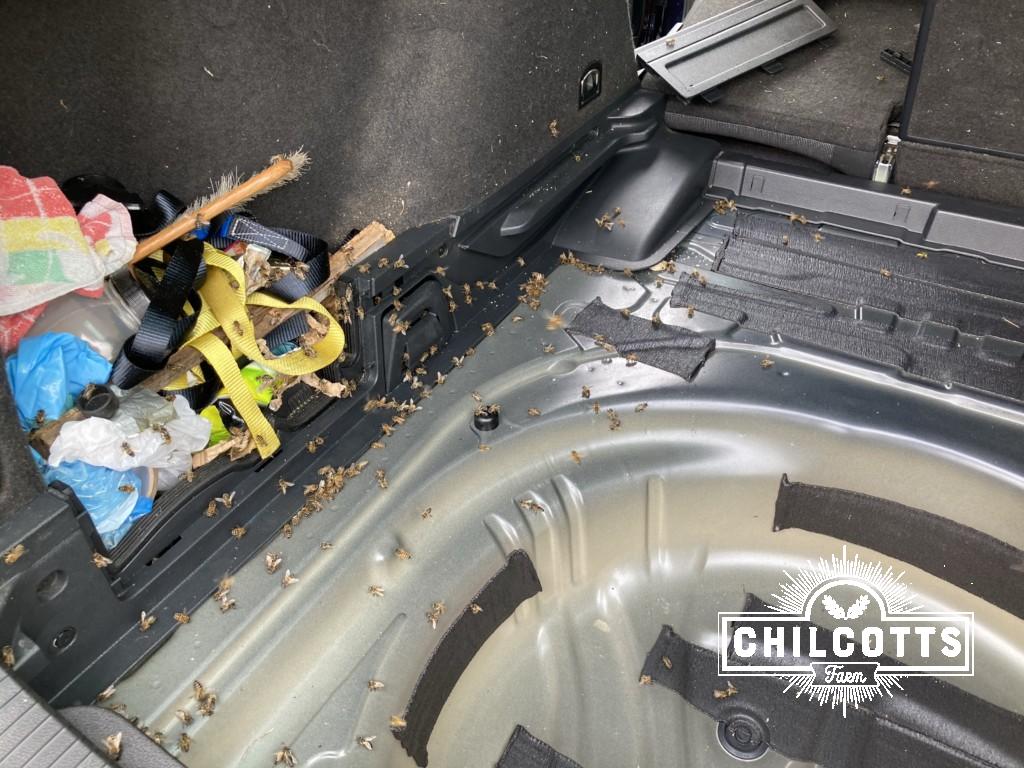
Bees cleaning honey from the boot of a car -
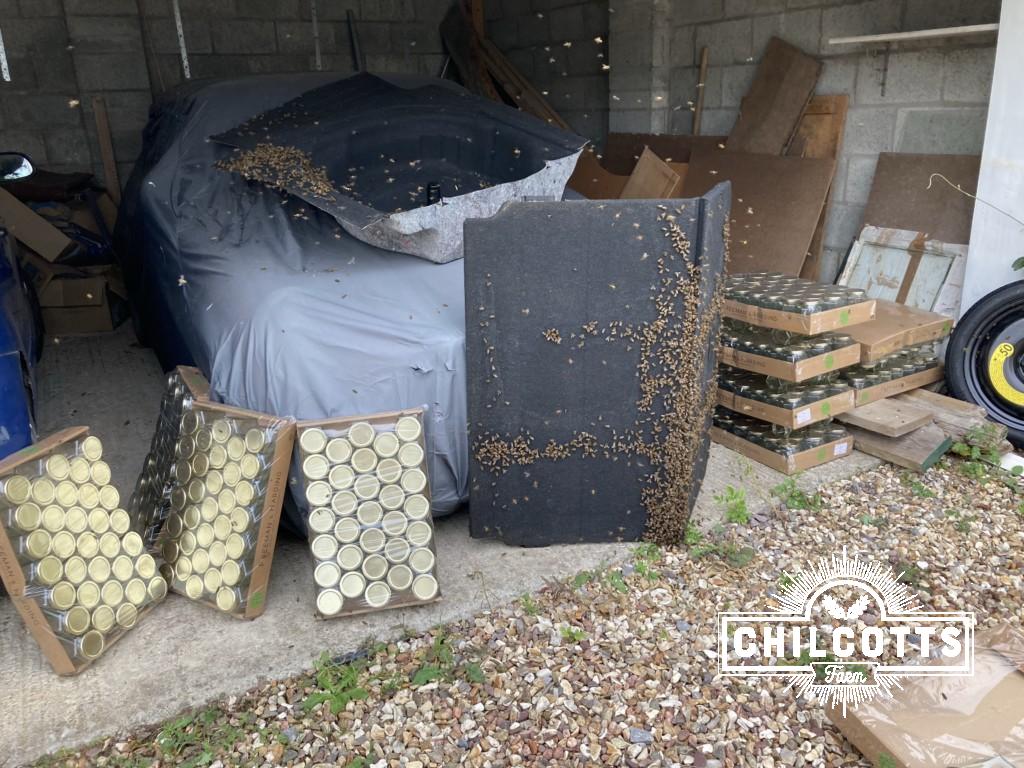
Before: Honey Bees cleaning honey from the mat taken out from the boot of a car -
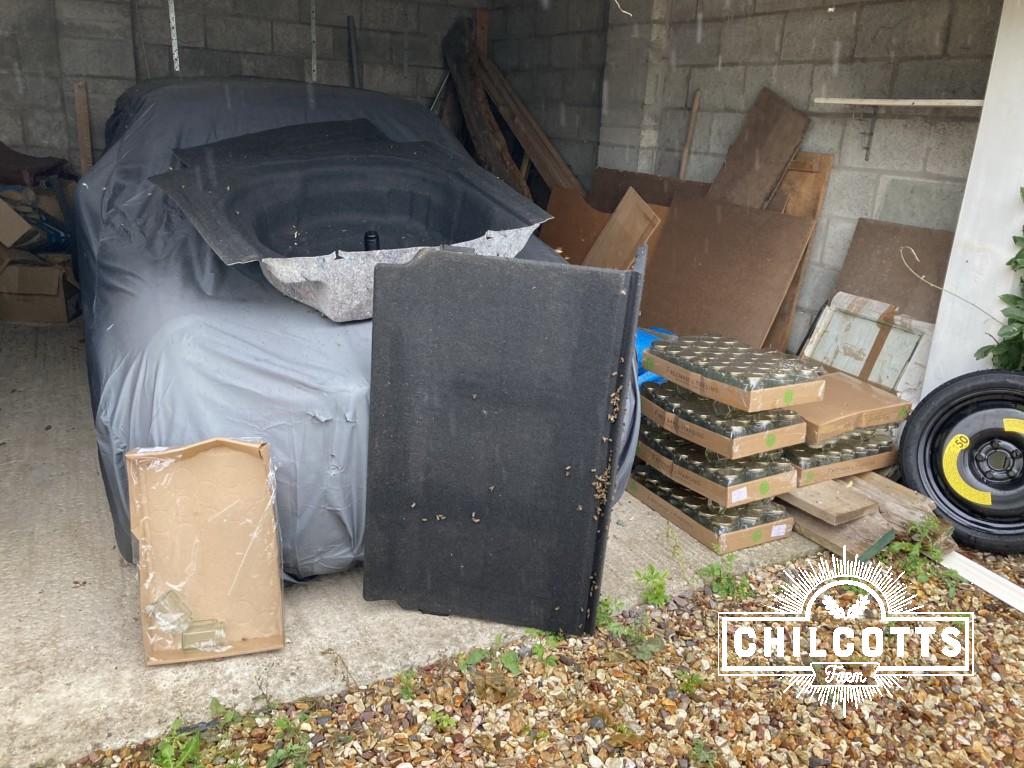
24 hours later: Honey Bees cleaning honey from the mat taken out from the boot of a car
Within minutes, the bees from the hives were coming to recover the honey. Pools of honey had been cleared within an hour. 24 hours later, the interior of the car had virtually been cleared. None of the sticky residue was left. Quite amazing.
Bickington & Fremington Devon Honey For Sale
We have jarred up this year’s first batch of honey (Spring 2020), which is now for sale. Collected and produced by our bees. This spring honey is still runny and floral. Although it will probably crystallise over time (as all naturally produced honey does), when it goes solid, we provide instructions on how to make it liquid again.
Sticky Morning
This morning has been spent jarring up some of this year’s spring honey. The hives have done really well, building up the colony, but also out and about collecting and abundance of nectar.
Now onto labelling and getting out for sale.
Roll on the summer honey flow!
Another May new buds and flowers shall bring
“Another May new buds and flowers shall bring: Ah! why has happiness no second Spring?” – Charlotte Turner Smith
This spring certainly keeps bringing. The weather continues to be fantastic for the bees. The recent rain has been welcome. This enables the plants to draw up water and increase the nectar flow in the flowers.
In turn this ensures the bees supply continues to come.
The hives are still doing well, and the bees continue to build up their honey stores. Hopefully at the end of May, I’ll be able to harvest the first honey crop of 2020
The Best April Ever for Bees?
I’ve been keeping bees for 10 years, and I don’t remember an April like it.
The warm dry weather here in Devon, has definitely benefited the bees. They have been out and about every day. The blossom is flourishing and producing the good stuff …. nectar and pollen.
In the garden, the old apple trees, are buzzing. The buzz from the trees provides a background hum to the whole garden. It literally sounds like a swarm of bees is somewhere settling.
The hives are bursting. The workforce has been busy taking advantage of nature’s bounty.
The bees have been so productive that the hives are filled with honey and I have had to make more room for them to store their harvest.
All I need to do now is manage them from swarming and taking their produce away!

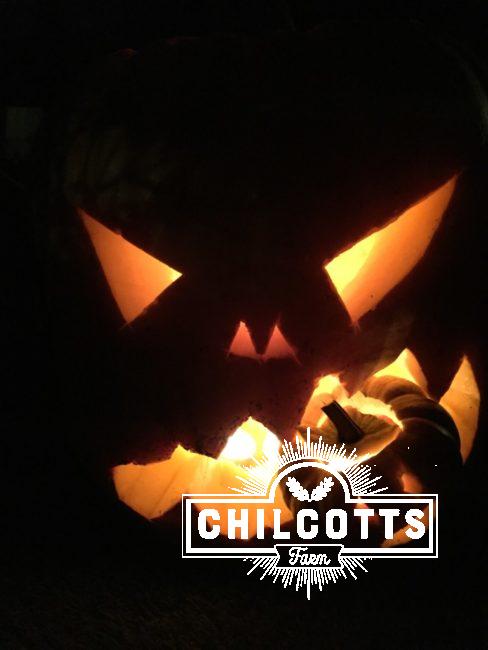
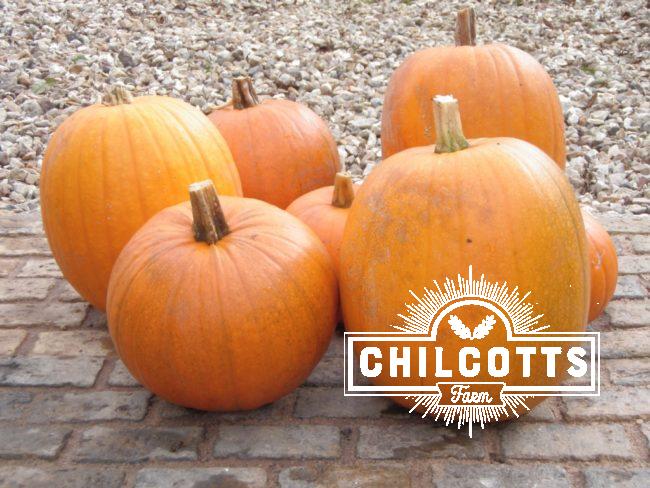
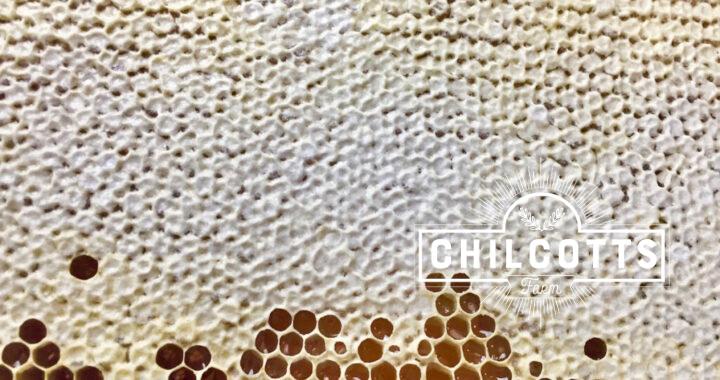
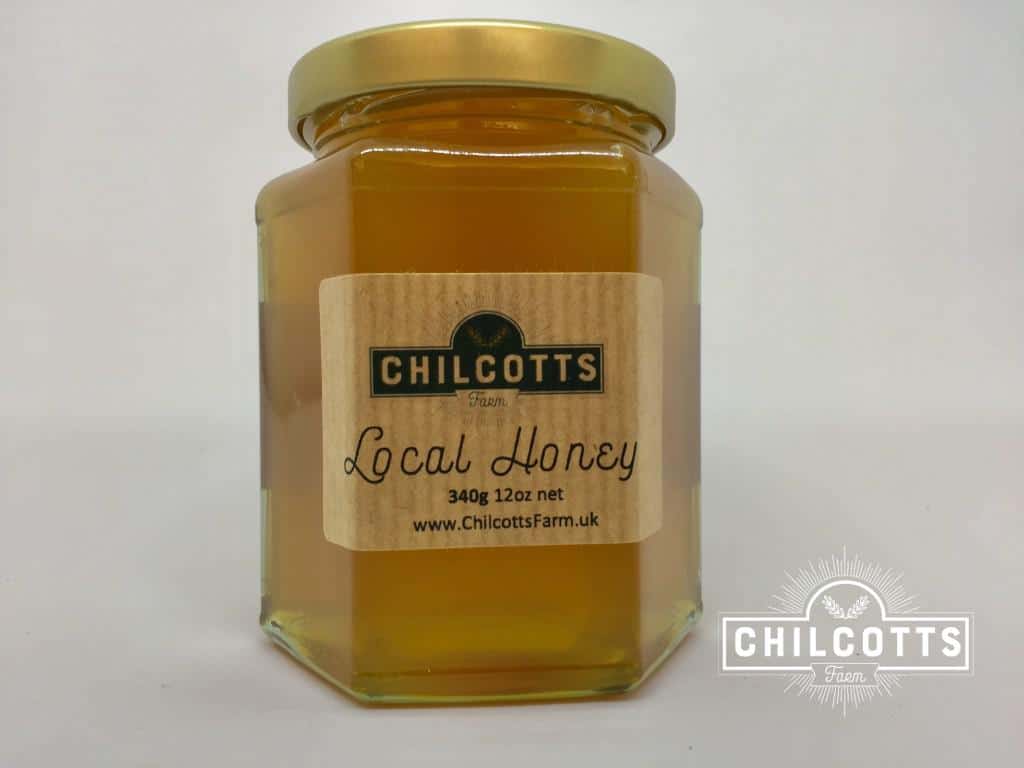
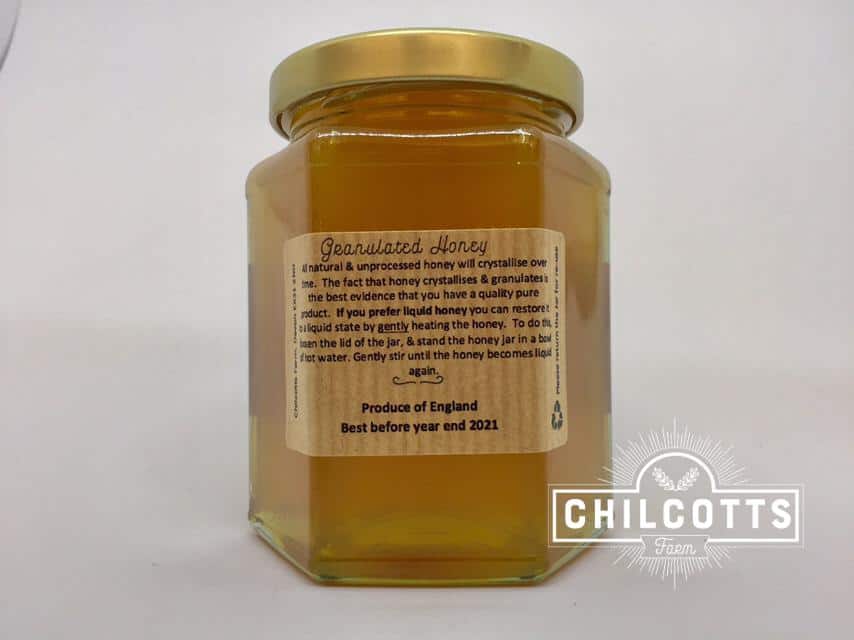

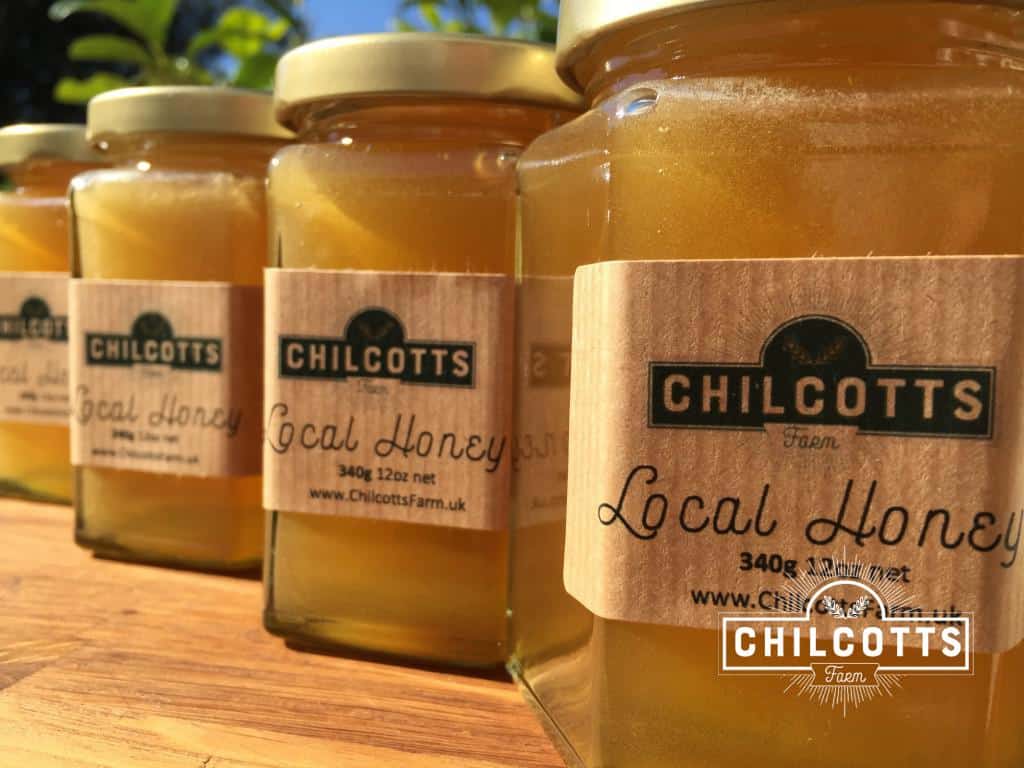
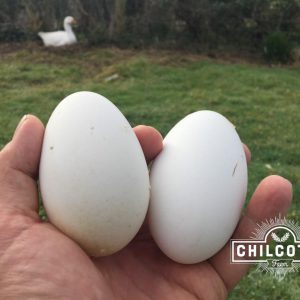
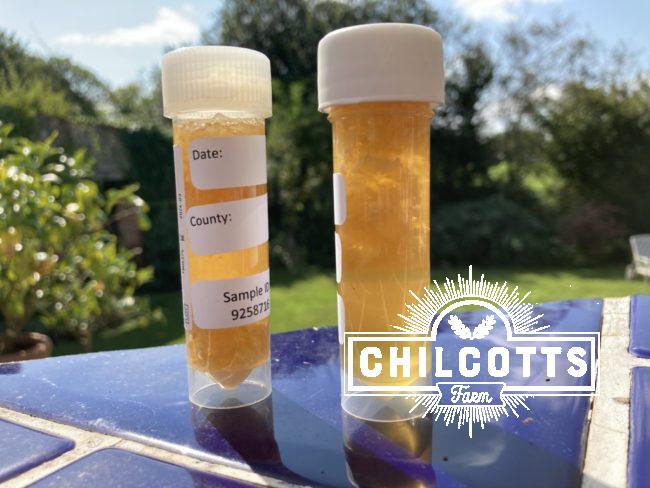
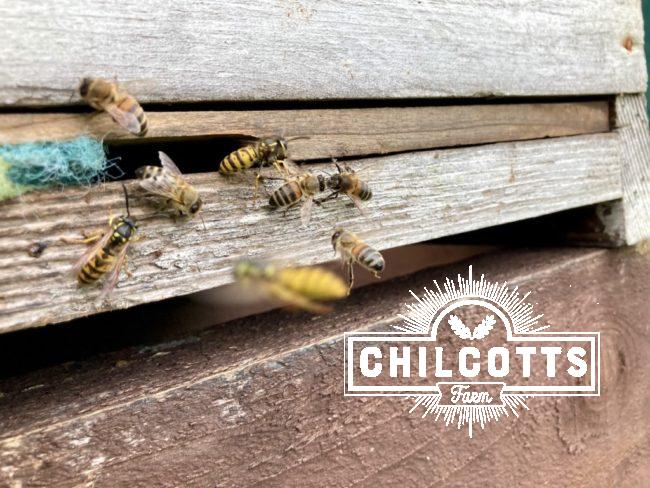
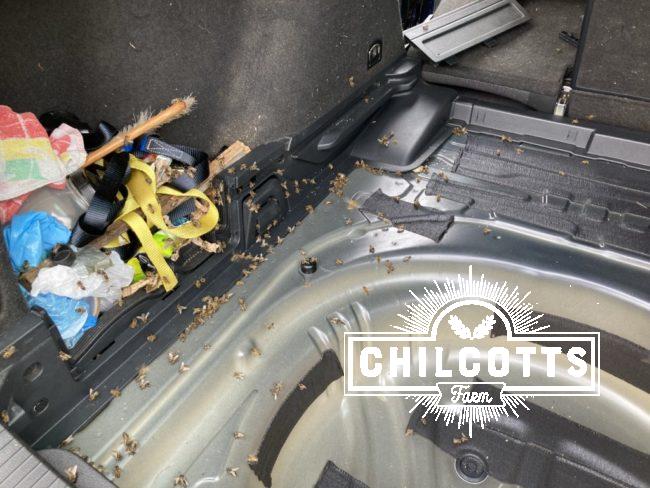
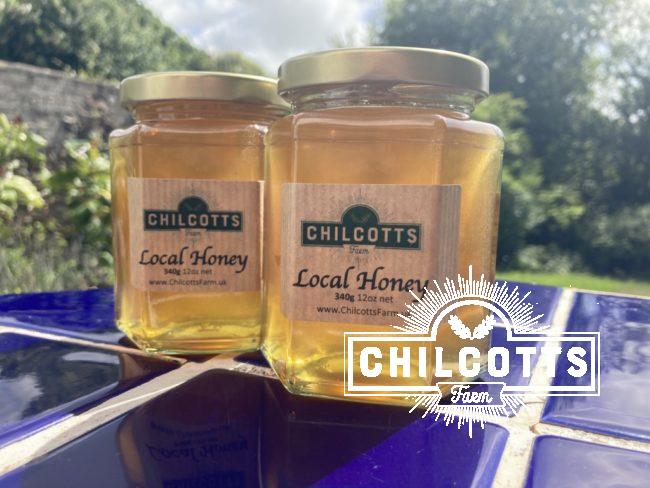
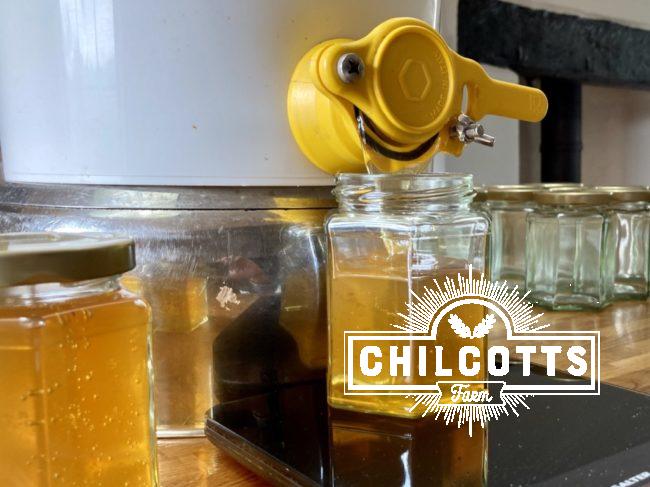
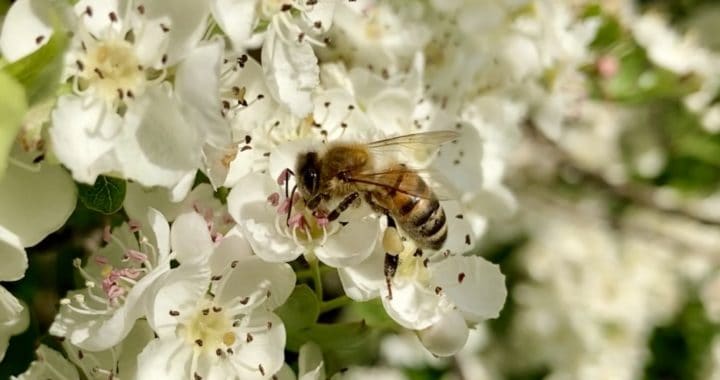
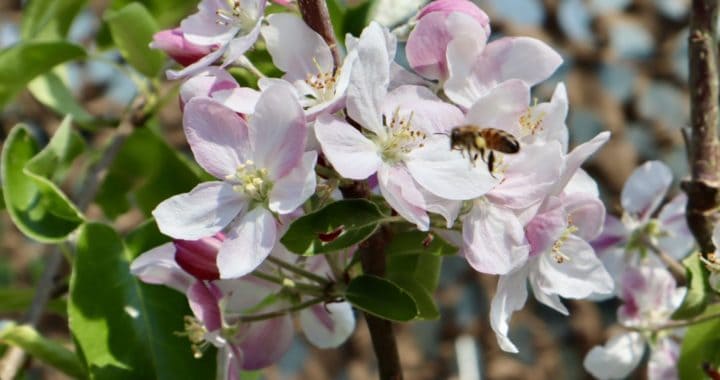
Reviews
There are no reviews yet.